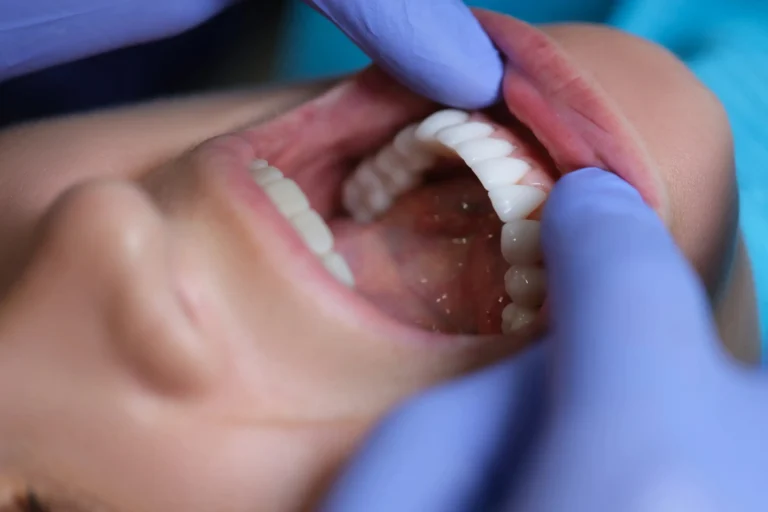Composite bonding is a dental procedure we carry out at our dentist In Ipswich that uses a tooth-coloured resin material to fill in gaps and repair chips or other damage to your teeth. The resin is bonded to your teeth using an adhesive and then hardened and polished to match the surrounding teeth. Composite bonding can be used to correct a wide variety of dental problems, including:
• Chipped teeth
• Teeth with gaps in between them
• Stained or discoloured teeth
• Teeth that are crooked or out of alignment
The process of composite bonding typically takes one visit to our dental clinic. Our dentist will first clean your teeth, apply the resin material, use a special light to harden the resin, and then shape and polish it to match the surrounding teeth.
Composite bonding is a safe and affordable way to improve your smile. It is less expensive than other cosmetic dental procedures, such as veneers or crowns, and it can be done within one visit. Composite bonding is also reversible, so if you are not happy with the results, our dentist can remove the resin material without causing any damage to your teeth.
The benefits of composite bonding
Composite bonding uses a tooth-coloured resin to fill in small cavities or to cover up discolouration or other imperfections on the surface of your teeth.
Composite bonding is a relatively affordable and non-invasive treatment, and it can often be completed in one visit to the dentist’s office. The resin used in composite bonding is highly durable and can last for many years with proper care.
Composite bonding can also be used to strengthen teeth that are cracked or chipped. In addition, composite bonding can be used to adjust the position of teeth that are crooked or misaligned.
If you are considering composite bonding, consult with our dentist to learn more about the treatment and whether it is right for you.
How long the composite bonding procedure takes
The composite bonding procedure usually takes less than an hour to complete. First, our dentist In Ipswich will clean your teeth and roughen up the surface of the enamel. Next, a bonding material is applied to the tooth and cured with a special light. The dentist will then shape the bonding material and polish it to a glossy finish.
Composite bonding compared to fillings
Composite bonding is a newer and more aesthetically pleasing option for filling teeth than traditional silver fillings. It is a popular alternative for patients who want to improve their smiles.
Risks and complications associated with composite bonding
There are a few risks and complications associated with composite bonding. One is that the adhesive may not hold the composite material in place, causing it to fall off over time. Secondly, if the composite material is not applied correctly, it can chip or crack, leading to further damage to your teeth. This can be mitigated by following all aftercare instructions and general oral hygiene to keep your teeth healthy and keep in touch with our dentist In Ipswich to avoid complications.



